The Sky’s the Limit
For drone enthusiasts and tech aficionados alike, the unfolding drama between the United States and China over technological supremacy has taken an intriguing turn. The Spotlight, traditionally on drones and their implications for privacy and national security, is now sharing its beam with Chinese-made electric vehicles (EVs). The U.S. Government’s recent move to investigate these vehicles over national security concerns echoes familiar debates in the drone community about data security and technological TRUST.
A Shared Sky of Concerns
The White House’s reported announcement of a probe into whether Chinese vehicle imports pose national security risks brings to mind similar concerns that have long hovered over drones. The fear? That these vehicles, like drones, could “collect large amounts of sensitive data on their drivers and passengers” and use their “cameras and sensors to record detailed information on U.S. infrastructure.”
The parallels are striking; drones, with their aerial vantage points, have also raised alarms about the potential for sensitive data collection and misuse.

President Joe Biden’s statement on ensuring that cars—and by extension, drones—from Countries of concern do not undermine U.S. national security highlights an increasing wariness of technology that crosses borders. Some in the drone and political communities have been vocal about the risks associated with drones that can be piloted remotely, potentially posing threats to privacy and security.
Drones: The Ongoing Debate
The conversation around drones has long centered on the balance between innovation and security. Drone Technology has revolutionized photography, agriculture, and even delivery services, but it has also introduced new challenges in Data Security and privacy. The U.S. has taken steps to restrict certain foreign-made drones, particularly those from Chinese companies, citing similar concerns over data security. The investigation into Chinese EVs is a reminder of the ongoing struggle to embrace technological advancements while safeguarding against potential threats.
The Reaction and Broader Implications
The response from the automotive industry to the investigation, advocating for a nuanced approach that distinguishes between high-risk and low-risk transactions, mirrors the Drone Industry’s call for balanced regulations. Both sectors emphasize the importance of not stifling innovation with overly broad restrictions.
Internationally, Chinese companies have been expanding their technological footprint, with drone manufacturers like DJI leading the market. The scrutiny of Chinese EVs, paralleled by concerns over drones, highlights a broader geopolitical contest over technological dominance and the management of tech-related security risks.
Navigating the Technological Landscape
As the lines between different technology sectors blur, drone enthusiasts find themselves at the heart of a broader conversation about the future of tech security and innovation. The investigation into Chinese EV imports, while primarily focused on vehicles, is a chapter in the larger narrative of US-China tech tensions that includes drones and beyond.
The challenge ahead is to navigate these tensions, ensuring that advancements in drone technology continue to enrich our lives without compromising our security. As enthusiasts and advocates for drone technology, the community has a unique perspective on these issues, emphasizing the need for smart regulations that protect security without grounding innovation.
The ongoing US-China tech tussle, whether it involves drones, EVs, or the next technological breakthrough, is a reminder of the delicate balance between embracing the future and protecting the present.

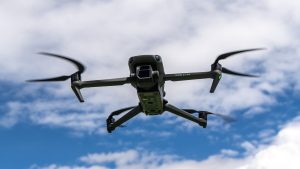

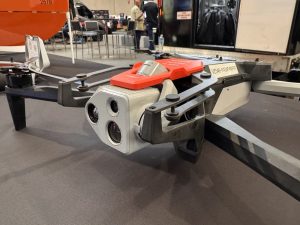
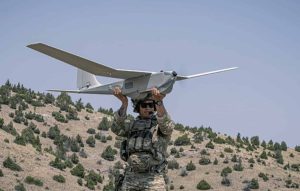


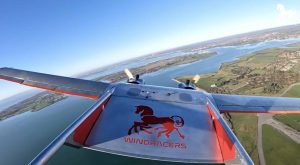
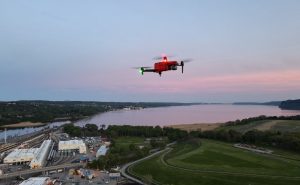
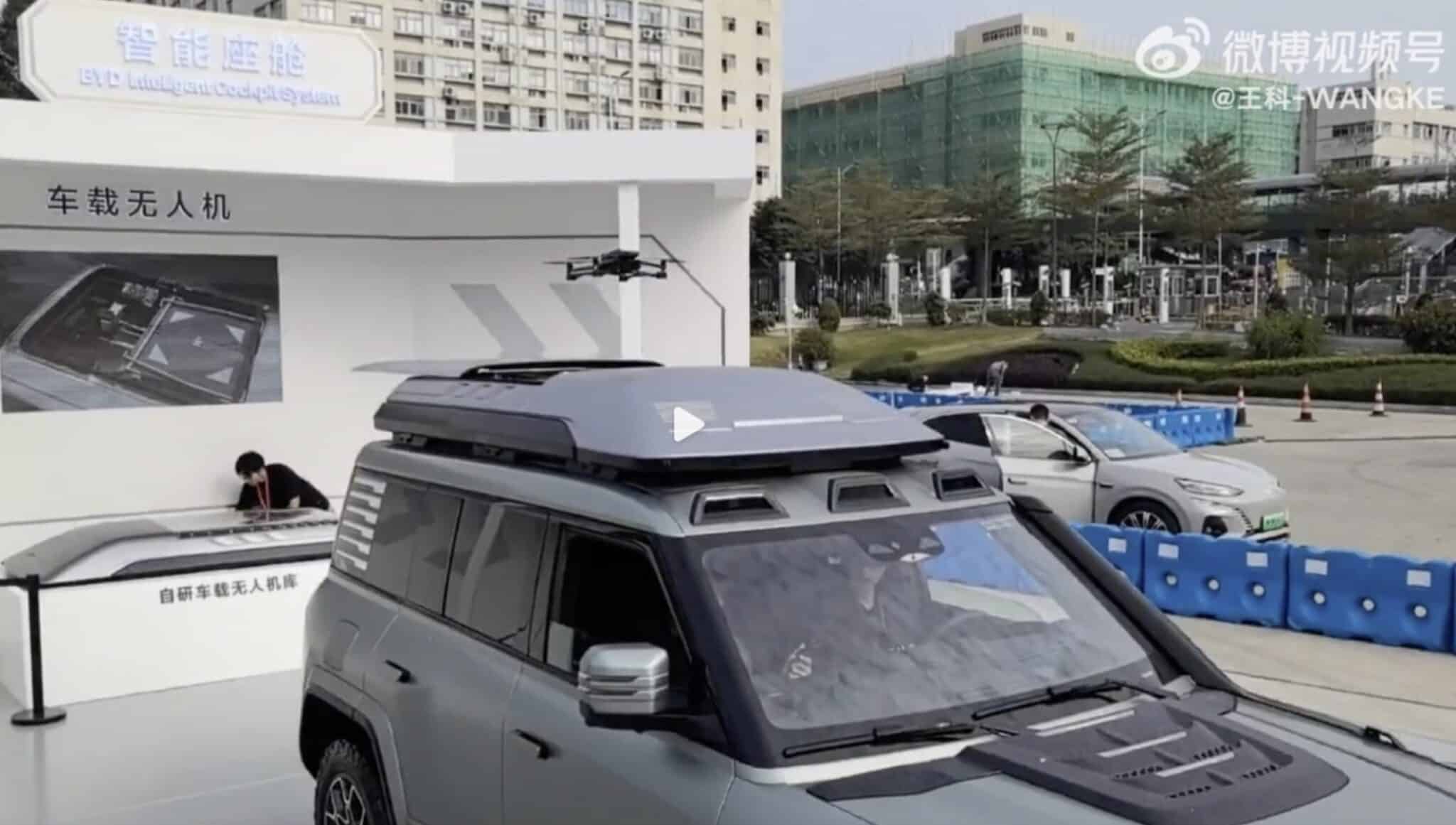

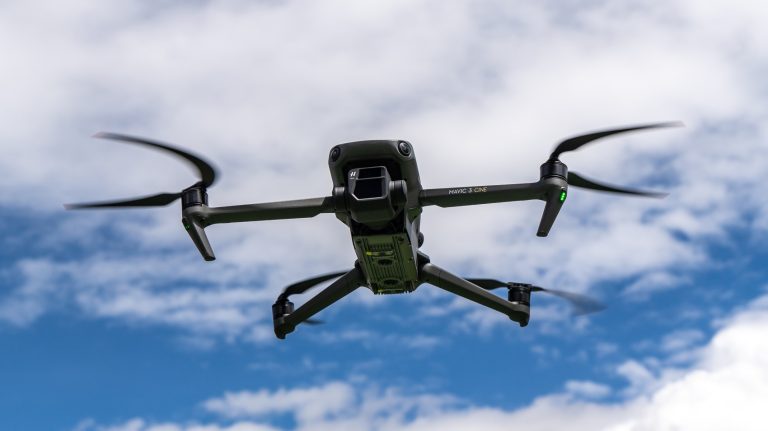

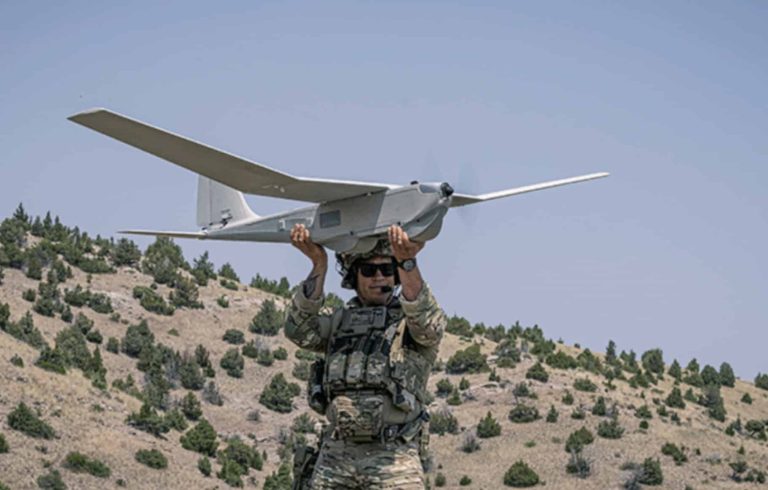

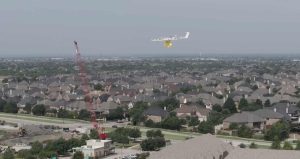
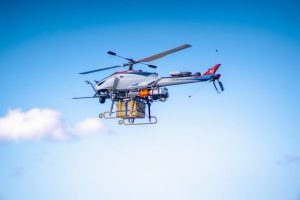
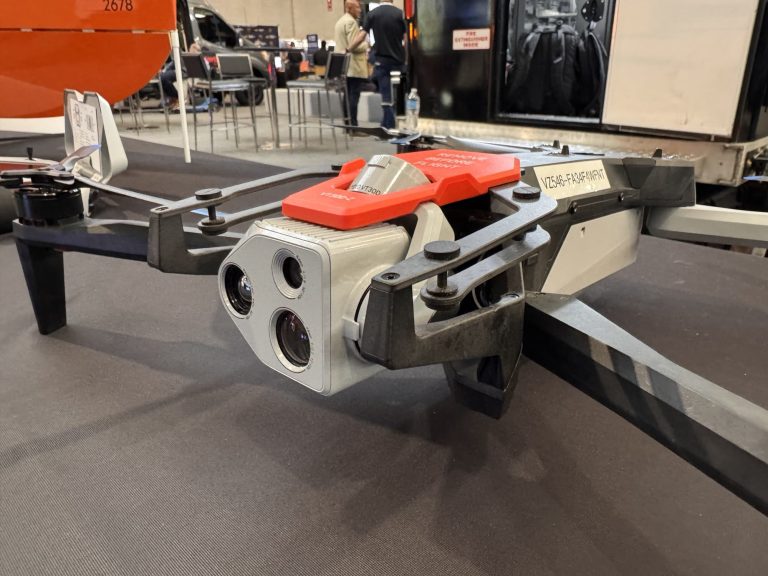
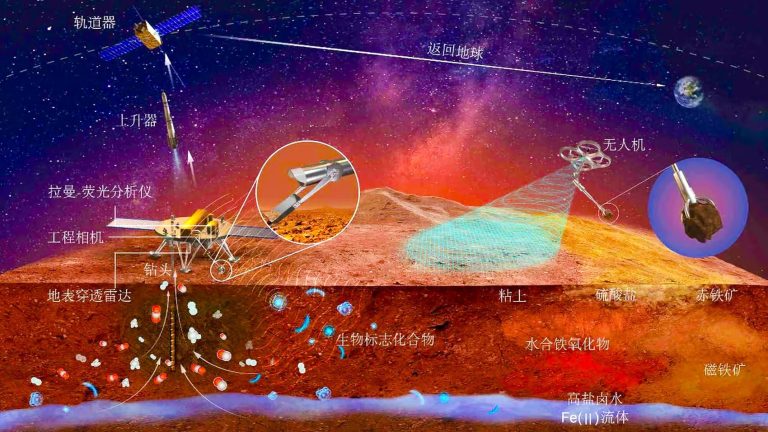

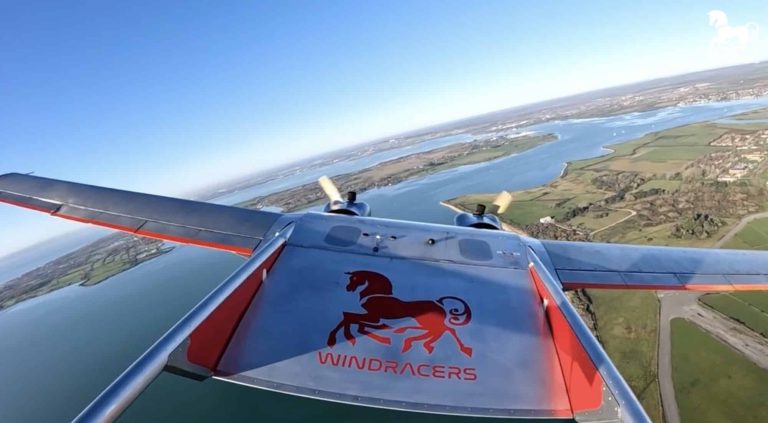
+ There are no comments
Add yours